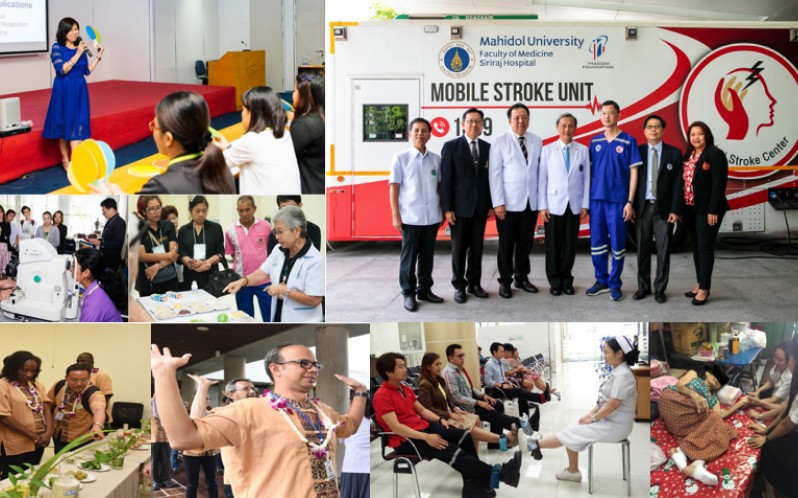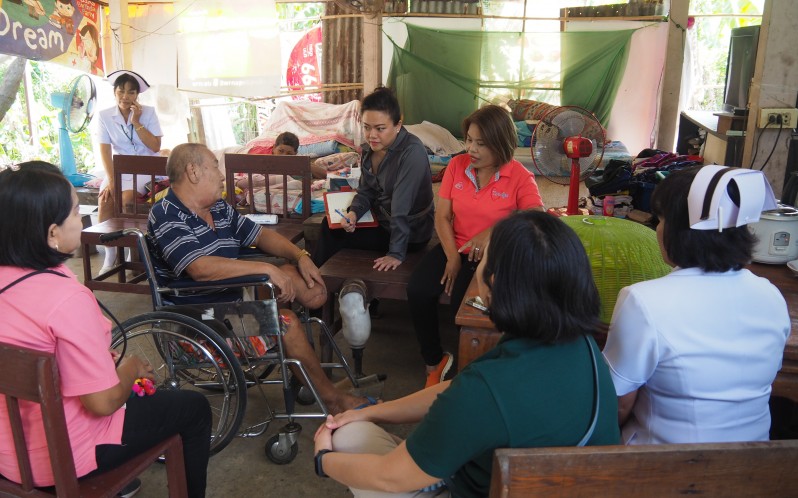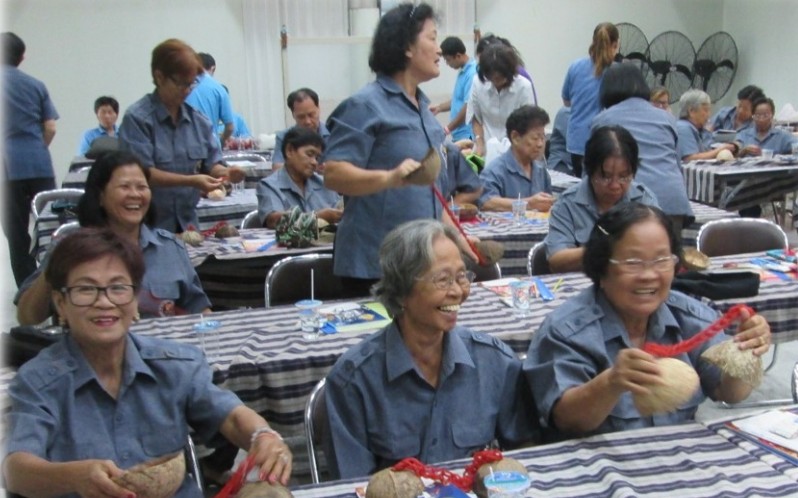Site NO.1: Multi-disciplinary-based Approaches for Personalizing Holistic Care in Diabetes and Stroke
LOCATION : Siriraj Hospital, Bangkok
Prevalence of obesity and diabetes has exponentially increased in the past decade, while cardiovascular diseases (CVD) including stroke and heart diseases are currently the leading cause of death. The “epidemiologic transition” changes in the burden diseases from infectious diseases, major causes of mortality to degenerative and chronic diseases in most countries. The catastrophic rise in CVD risks has unevenly burdened certain populations with different backgrounds worldwide, suggesting different genomic, lifestyle, aging demographic and cultural groups pay a vital role in affecting outcomes of developing chronic diseases. Thailand’s current care system and policy is well recognized as one of the main achievements of universal health coverage. All Thais were innately covered by health insurance to not only guarantee access to essential health services, but also to improve equity of service and to prevent medical disparity. Meanwhile, lack of appropriate multidisciplinary collaboration as well as coordination and implementation of solution is still problematic. For instance, collaboration from healthcare team network help tremendously provide efficient mechanism to handle NCD burden. Therefore, in the past several years, Siriraj Hospital has advocated a strong multi-disciplinary team to address acute, intermediate and long-term phases of stroke and diabetes care through collaboration, technological advance, personalized medicine and research, consequently applying all of them into medical care at clinics, primary care units and communities where most of NCD epidemics start taking place. Using a team approach as the coordinating mechanism, we ensure to advocate and promote prevention and find the best solution to fight against NCDs not only at the hospital but also home and community levels.



